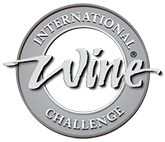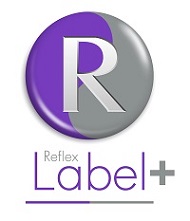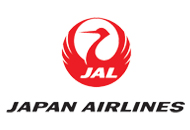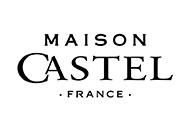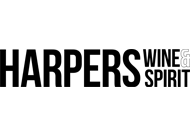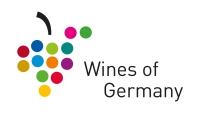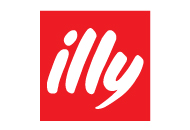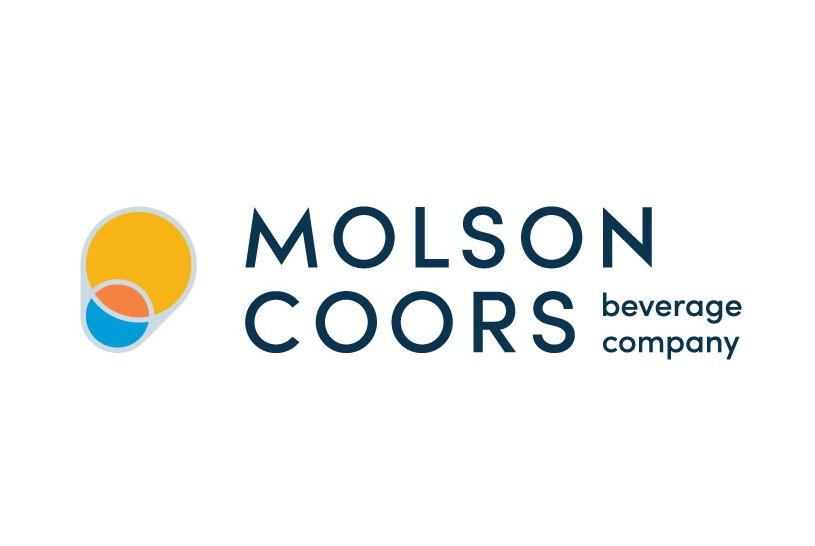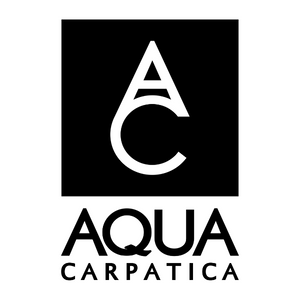About the Challenge
In its 38th year, the International Wine Challenge (IWC) is accepted as the world’s most rigorous, impartial and influential annual wine competition.
There is one annual tasting for the International Wine Challenge (IWC). This will take place in April every year.
The rigorous IWC judging process assesses every wine ‘blind’ and judges each for its faithfulness to style, region and vintage. Each IWC medal-winning wine will be tasted on at least three separate occasions by a minimum of 2 panels of judges tasting together, and then tasted by 2 Co-Chairs to verify the panel results. The IWC judging teams include experts and influencers from the international wine industry, commercial decision makers, buyers and MWs working in unison to find the highest quality wines each year from the 52 wine-producing countries represented in the competition.
Why is IWC competition different?
- An IWC medal-winning wine is tasted by a minimum of 8 judges before being awarded. The rigorous process is respected by international wine retailers and buyers and opens the door for international trade communication.
- All wines are tasted blind with no pricing or producer information provided. Wines are grouped by Type, Region, Alcohol & Sugar %, ensuring similar wines are judged together.
- All IWC wine results are hosted on the IWC website alongside a bottle photo to ensure trade and consumers can easily identify the winning wine.
IWC Medal system
- Trophy Winners and Special Awards ‘Best in Show’ wines and winemakers
- Gold Medal (95 – 100 points)
- Silver Medal (90 – 94 points)
- Bronze Medal
- Commended Award
IWC 2023 Timeline
There is one annual tasting for the International Wine Challenge (IWC). This will take place in April every year.
| Entry | TBC |
| Consolidated shipping (Hellmann) |
TBC |
| Shipping deadline | TBC |
| Judging - Medals | TBC |
| Judging - Trophy | TBC |
| Medal Results | TBC |
| Trophy Results | TBC |
| IWC Awards announcement | TBC |
Entry Fee
| Online entry per wine | £139 +VAT* |
| Discovery Tasting per wine (additional to entry fee) |
£75 + VAT* |
| Consolidated shipping (Hellmann) per entry | £55 + VAT* |
*UK only. European companies with a valid VAT registration number do not have to pay UK VAT. Countries outside the EU do not pay UK VAT.
